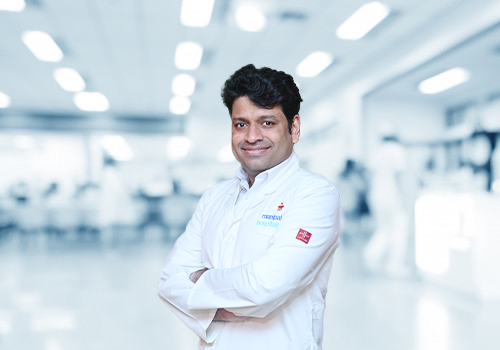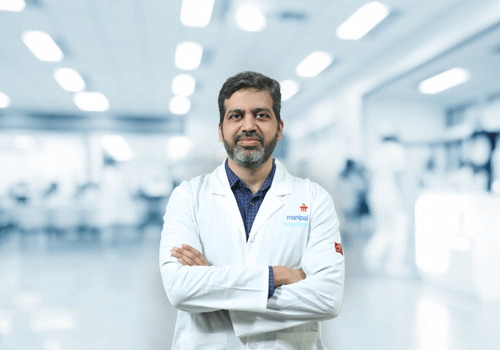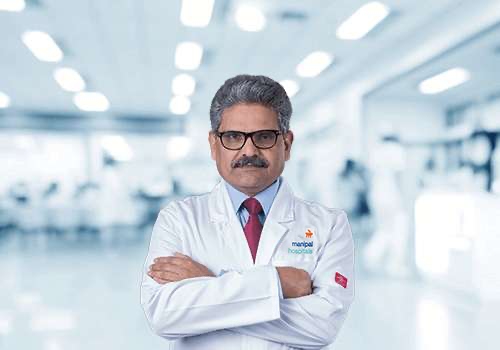
Heart is undeniably the most overworked organ in the body, continually pumping blood throughout your cardiovascular system. So when the heart faces an issue, it needs immediate medical attention and sometimes an open heart surgery.
A heart surgery can be broadly classified into two categories – Coronary artery bypass surgery and Heart valve surgery. For the Coronary artery bypass surgery, there is a block or thickening of arteries that constrict the right amount of blood flow. The surgeon constructs a blood valve that circumvents the blocked portion of the artery. In a Heart valve surgery the repaired valve is replaced or repaired by a surgeon team.
As one prepares for an open heart surgery, one’s heart may be peppered with many questions, some of them you may not have asked during the consultation. This article covers the various aspects that come as a pre-requisite knowledge for someone being subjected to an open heart surgery.
Risks of Open Heart Surgical Procedure
When a patient is committed to the open heart surgery, the doctors may be foreseeing future complication that could limit the capacity of your heart. Although modern medical progresses have made the surgery safe and precise, the procedure is yet not completely risk free.
Nonetheless, it’s like opening the engine cylinder of an automobile, expect for the fact that you keep running the engine even as you’re operating it.
Preparation for an Open Heart Surgery
As your OH normally requires you to turn-up just the night before the surgery, the procedure requires self-care and preparations. These are primary list of precautions that you could adapt before you turn-in for the heart surgery.
Understand the Symptoms: – A person with heart conditions who requires open heart surgery should understandown conditions. It involves unwarranted perspiration, heavy breathing and feeling tired or general drowsiness. If any of these feelings gets overwhelming, the person should stop what he is doing and immediately get himself admitted.
Adequate Exercises: – The heart health is inevitably linked to taking adequate exercise. At this time-period, you should take light strolls and immediately stop once you exceed your comfort limits. While it could be tempting to make a light push, you should restrain your impulse and not put any additional stress on the heart.
Strict Hygiene: – As the heart surgery involves directly bypassing the external skin and exposing the internal organs, an adequate emphasis should be put on personal hygiene. All the wounds should be properly attended and the patient should be subjected to an anti-bacterial wash.
Follow a strict Diet: – After detecting the vulnerabilities of one’s own heart, the patient should follow a strict diet devoid of any hard-to-digest food items. As the digestive tract requires a constant supply of fresh blood along with further pumping along the cardio-vascular system, eating a protein rich diet puts an additional stress on the heart. Also this requires additional volume of blood passing through the heart. The care should be taken that the patient mainly eats bland and natural food which maintains the healthy circulation at minimum expenditure of effort and energy.
Assign a responsible person for immediate Attention:-
Ideally the patient must have an assigned person attending to his/her needs and emergency conditions. In case of sudden irregularity in heartbeat or losing consciousness, the person should be rushed to the hospital or given primary care.
Beware of Physical Exertion:-
All the activities that require physical exertion should be attended under supervision before and after the surgery. These include lifting weights, frequent walking and voice exertion, etc. If the job is associated with any of these, the patient needs to be relieved from the moment surgery is assigned to eight weeks for recovery. The patient should always have immediate medical care, to ensure that care is always accessible under consideration.
Taking Relaxants or Medicines: –
A person assigned for open heart surgery should immediately restrain from all relaxants and medicines without the concerned doctor’s knowledge. These could involve anxiety medicines to sleeping pills. These medicines could artificially lower the heart rate, potentially leading to unstable heart conditions. It also includes Ayurveda medicines, which could have an effect on your cardiovascular system.
This article gives primary information about patent care before the surgery, but in no ways substitute’s an actual professional opinion or advice.






















 2 Min Read
2 Min Read



















